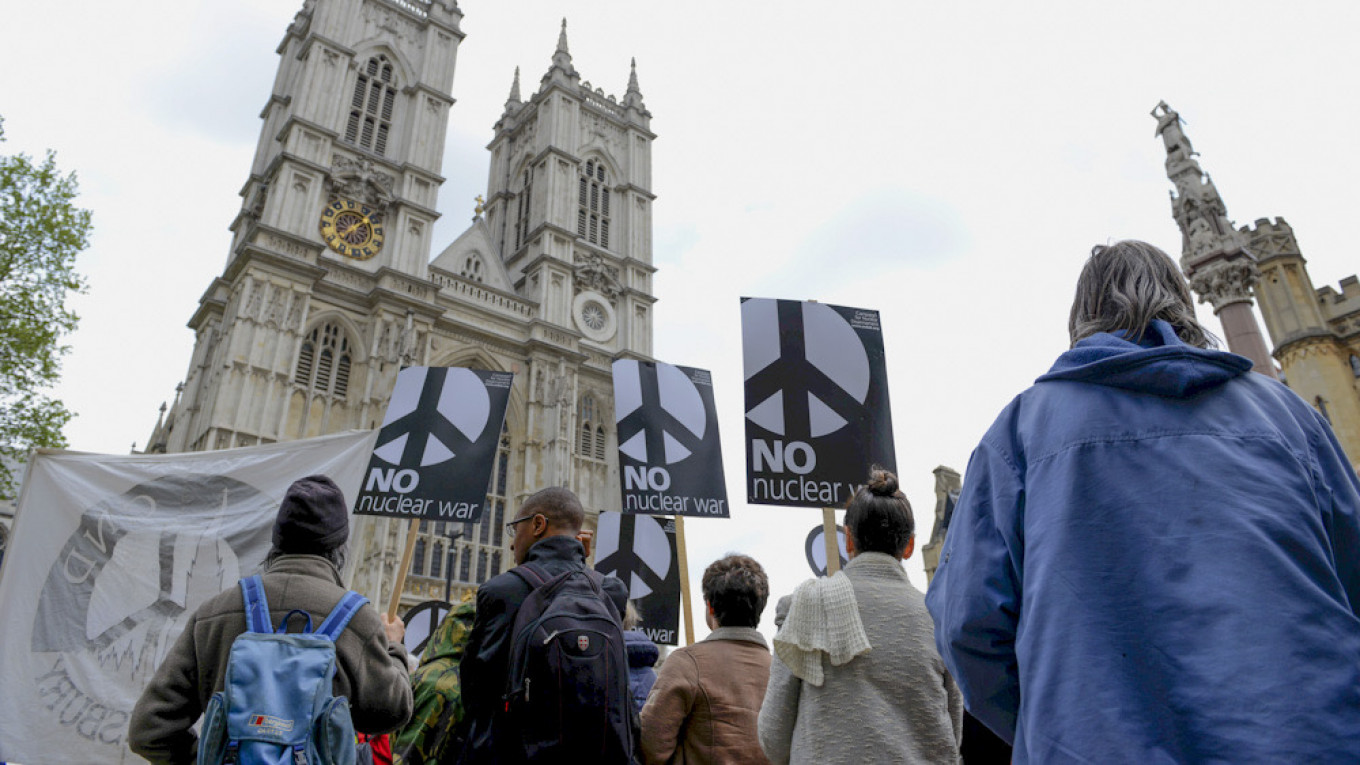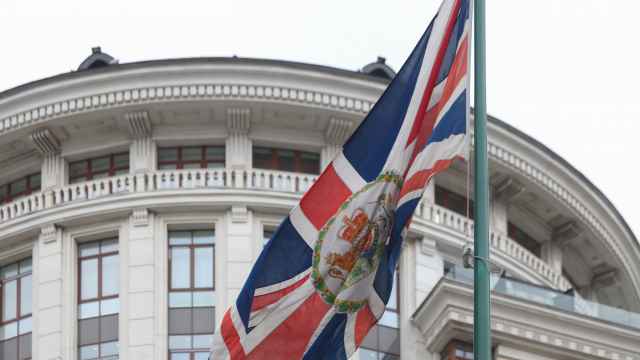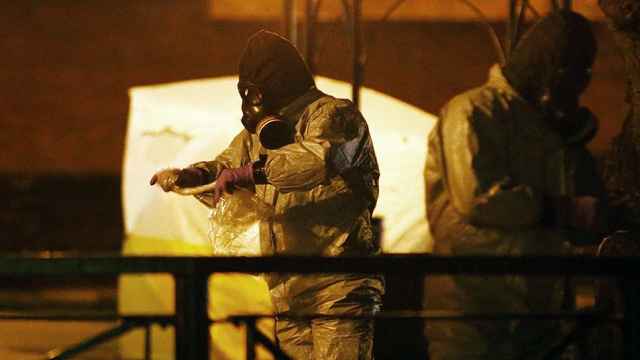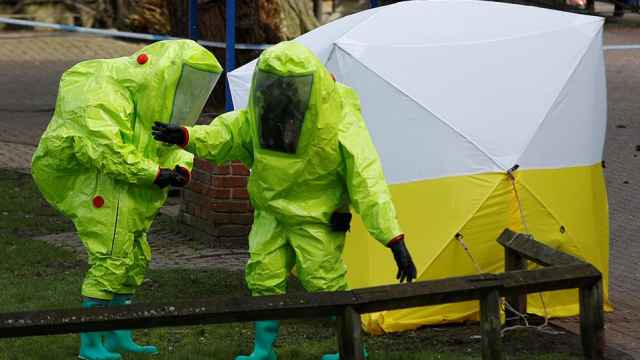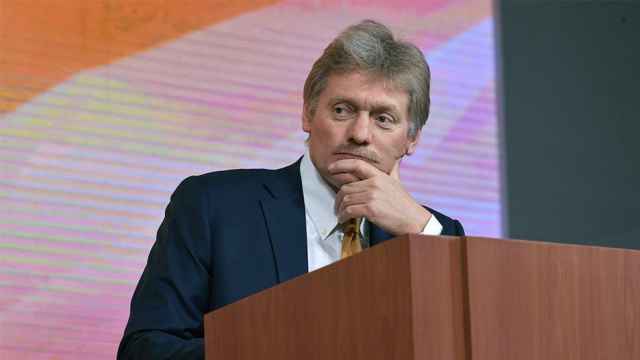The Kremlin said Wednesday it regretted the UK's decision to increase its nuclear arsenal, after Britain unveiled plans to bolster its stockpile from 180 warheads to 260 by the end of the decade.
Britain on Tuesday published a document outlining a recalibration of its foreign policy that included the announcement to grow its nuclear arsenal, reversing a previous commitment to reduce its stockpile.
"We are very sorry that the UK has chosen this path of increasing nuclear warheads. This decision harms international stability and strategic security," Kremlin spokesman Dmitry Peskov told reporters.
"The presence of nuclear warheads is what threatens peace throughout the world," he added.
The UK's move is at odds with a recent agreement between Moscow and Washington.
In January, Russia agreed with the United States to extend a key nuclear pact between the two countries that was the last remaining arms reduction agreement between the former Cold War rivals.
Moscow has also pushed for Washington and Tehran to return to the Iran nuclear deal.
Signed in 2015, the accord offered sanctions relief in exchange for curbs on Tehran's nuclear ambitions and guarantees it would not seek an atomic bomb.
However its signatories are scrambling to keep it alive after former U.S. President Donald Trump unilaterally withdrew from it in 2018 and reimposed sanctions on Iran.
Britain's foreign policy document also identified Russia as the "most acute direct threat to the UK," posing "the full spectrum" of dangers.
Peskov on Wednesday said that the UK had cited "an ephemeral threat" without "an explanation."
"This is not true," he added. "No threat comes from Russia."
Moscow and London have seen their relations greatly deteriorate over the poisoning of former Russian spy Sergei Skripal in the English town of Salisbury in 2018 with the Novichok nerve agent.
Russia's relations with the West are at their lowest point since the Cold War, marred by allegations of election interference and sweeping cyberattacks.
A Message from The Moscow Times:
Dear readers,
We are facing unprecedented challenges. Russia's Prosecutor General's Office has designated The Moscow Times as an "undesirable" organization, criminalizing our work and putting our staff at risk of prosecution. This follows our earlier unjust labeling as a "foreign agent."
These actions are direct attempts to silence independent journalism in Russia. The authorities claim our work "discredits the decisions of the Russian leadership." We see things differently: we strive to provide accurate, unbiased reporting on Russia.
We, the journalists of The Moscow Times, refuse to be silenced. But to continue our work, we need your help.
Your support, no matter how small, makes a world of difference. If you can, please support us monthly starting from just $2. It's quick to set up, and every contribution makes a significant impact.
By supporting The Moscow Times, you're defending open, independent journalism in the face of repression. Thank you for standing with us.
Remind me later.


